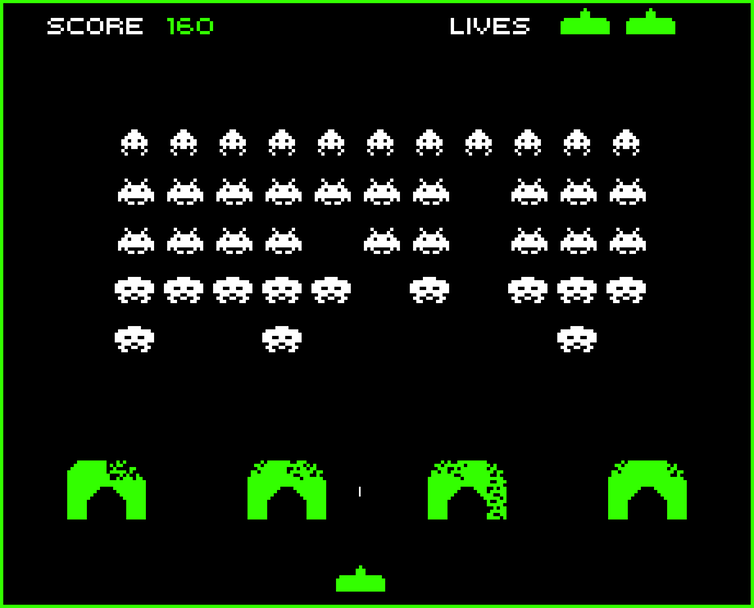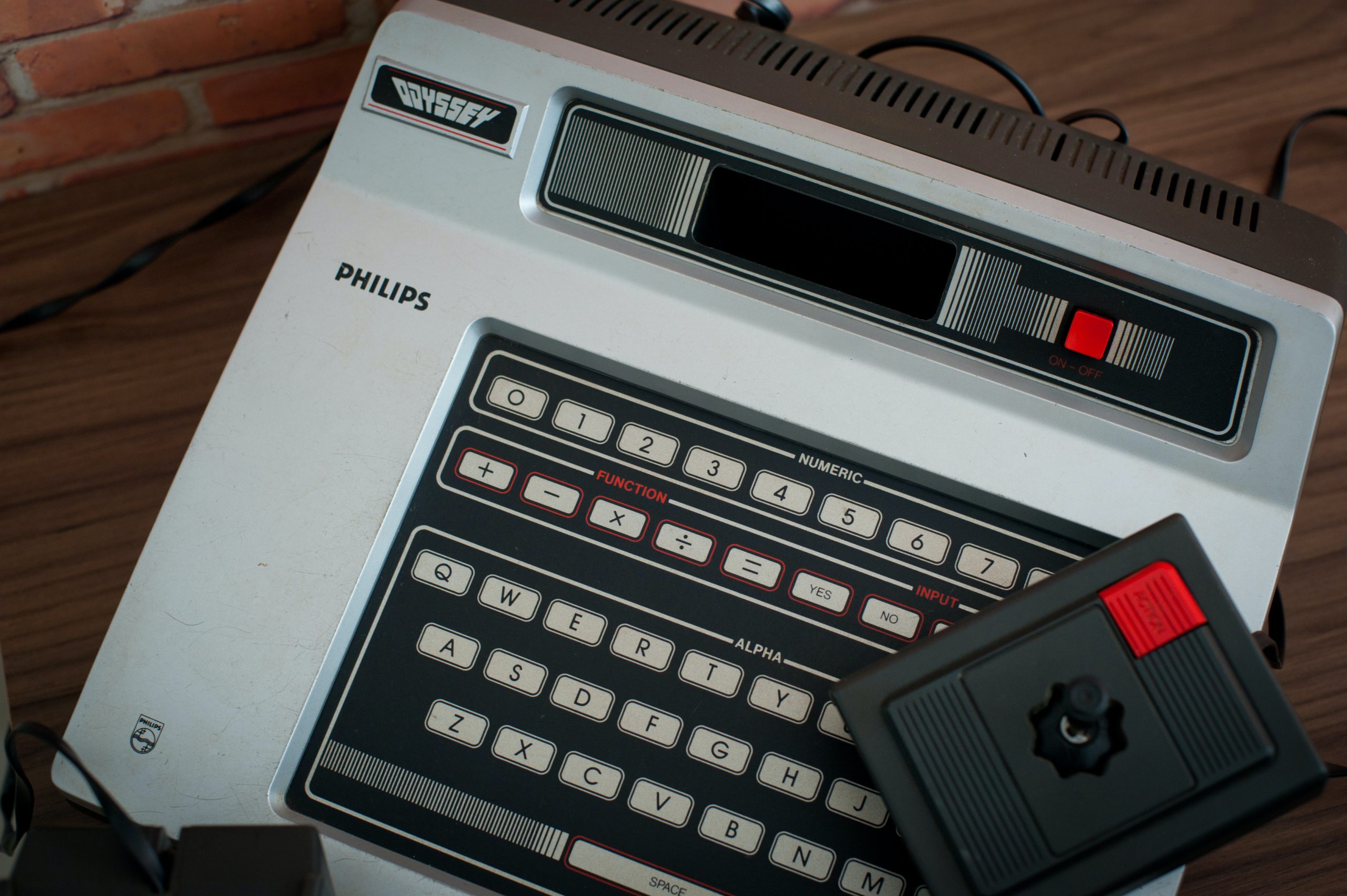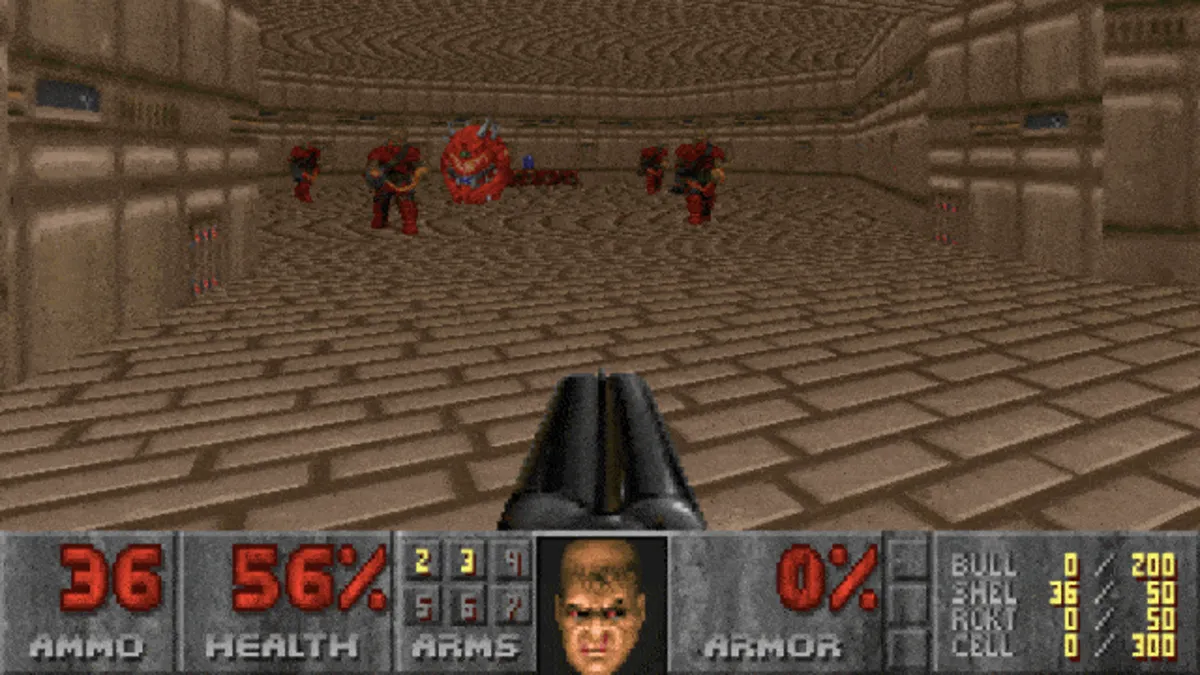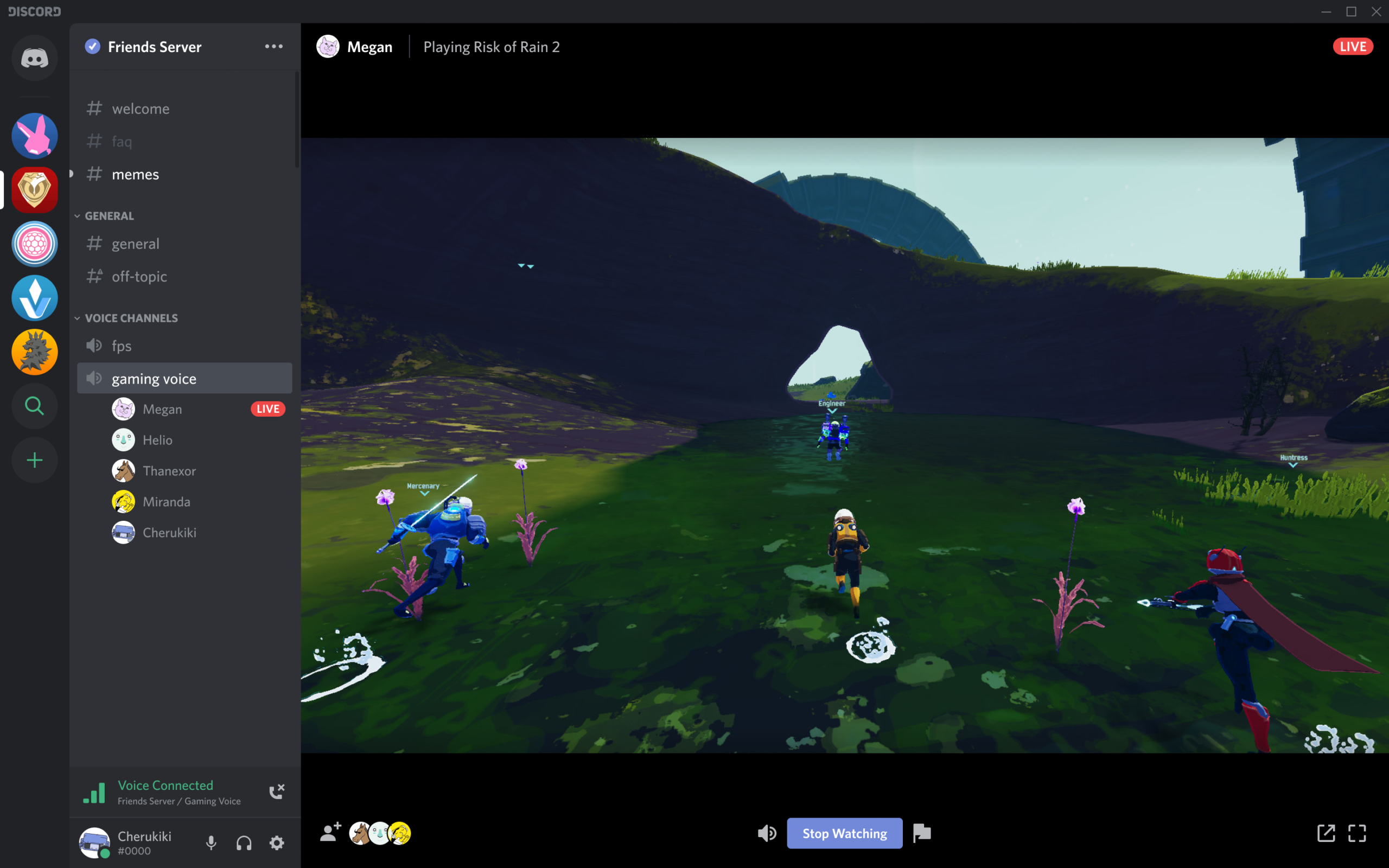Gaming has come a long way from its humble beginnings, and today it’s hard to imagine a world without it. To explore its cultural significance, we should first look at how it has evolved over the years.
The roots of gaming
Gaming has been around for centuries, with ancient civilizations such as the Greeks and Romans playing various games. However, modern gaming as we know it today can be traced back to the 1940s, when the first electronic computer was invented. It wasn’t until the 1950s that the first game was created, a simple game of tic-tac-toe. But it was the 1970s when gaming really took off, with the release of the first home console, the Magnavox Odyssey.
The first stage: arcade games
In the 1970s and 1980s, arcade games were all the rage. Games like Space Invaders, Pac-Man, and Donkey Kong dominated the gaming industry. These games were simple, with basic graphics and sound, but they were addictive and fun to play. People would spend hours at the arcade trying to get a high score or beat their friends.

Image credits: Smithsonian Magazine
Arcade games also had a significant impact on popular culture. They appeared in movies like Tron and TV shows like Knight Rider, cementing their place in popular culture. They also had an impact on music, with songs like Pac-Man Fever and Space Invaders becoming hits.
The second stage: home consoles
The home console market really took off in the 1980s, with the release of consoles like the Atari 2600, Nintendo Entertainment System (NES), and Sega Master System. These consoles allowed people to play games in the comfort of their own homes and paved the way for modern gaming.
The home console market also saw the rise of iconic game franchises like Super Mario Bros., The Legend of Zelda, and Sonic the Hedgehog. These games became cultural touchstones, with fans of all ages and backgrounds enjoying them.
The third stage: PC gaming
The rise of personal computers in the 1990s brought with it a new era of gaming. PC gaming allowed for more complex games with better graphics and more advanced gameplay. Games like Doom, Quake, and Half-Life pushed the limits of what was possible in gaming and were hugely popular.
PC gaming also allowed for online multiplayer, which revolutionized the gaming industry. People could now play games with others from all over the world, and it paved the way for esports.
Landing.Jobs had the pleasure of hosting the creator of Doom and Quake, John Romero, at Future.Works 2021. His talk about “A Lifetime in Games: The Past, Present and Future of the Industry” was full-house and inspired a whole generation of developers, gamers and tech enthusiasts.
The fourth stage: mobile gaming
In recent years, mobile gaming has exploded in popularity. Games like Candy Crush, Clash of Clans, and Pokemon Go have become household names, and they have introduced a new generation to the world of gaming.
Mobile gaming has also allowed for a new type of gamer, the casual gamer. These gamers don’t necessarily identify as gamers, but they enjoy playing games on their phones or tablets. Mobile gaming has become a part of everyday life for many people, with games providing a welcome distraction during commutes or lunch breaks.
According to data.ai, “consumers spent an average of 5 hours per day on their mobile devices – one-third of all waking hours and a YoY increase of 3% – and spent $110B on mobile games“.
Statista predicts that by the year 2025 ad spend in the mobile game market will reach $130.8B. — ironSource
The cultural significance of gaming
Gaming has come a long way since its early days, and it has significantly impacted our culture. Gaming has become more than just a hobby; it has become a lifestyle. It has influenced music, fashion, and even the way we communicate with each other. Gaming has become a language of its own, with its own terms and slang.
One of the most significant impacts that gaming has had on our culture is its ability to bring people together. Gaming has allowed people from all over the world to connect and interact with each other, and it has provided a platform for people to form communities and share their experiences with others. Online gaming has allowed players to meet and play with people from different backgrounds, cultures, and countries, breaking down barriers and promoting understanding between people who might never have met otherwise.
Gaming has also had an impact on the entertainment industry. Video games have become a major source of entertainment, rivalling movies and TV shows in terms of popularity and revenue. The gaming industry has become a multi-billion dollar industry, with games like Grand Theft Auto V and Call of Duty: Modern Warfare 3 grossing over a billion dollars each in sales. Gaming has also become a major form of a spectator sport, with esports tournaments attracting millions of viewers around the world.
But perhaps the most significant impact that gaming has had on our culture is its ability to inspire creativity and innovation. Gaming has given rise to some of the world’s most innovative and creative minds. Many game developers have gone on to become entrepreneurs, creating their own startups and companies that have revolutionized industries. Gaming has also inspired new technologies and inventions, from virtual reality headsets to motion-sensing controllers.
All in all, gaming has been a significant part of our culture for thousands of years, and it has played a major role in shaping the way we interact with each other and the world around us.
From Senet to World of Warcraft, gaming has evolved and adapted to new technologies and generations, becoming a language and a lifestyle of its own. Gaming has brought people together, inspired creativity and innovation, and become a major source of entertainment and revenue.
As developers, we have the power to continue pushing the boundaries of gaming and to make it an even more significant and positive force in our culture. So let’s keep creating, innovating, and gaming!










0 Comments